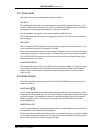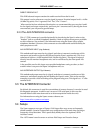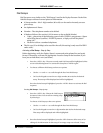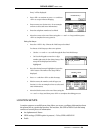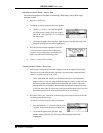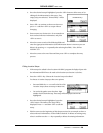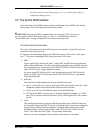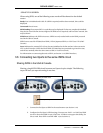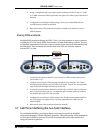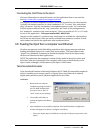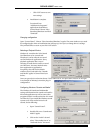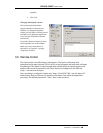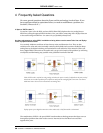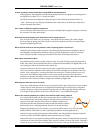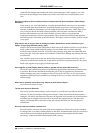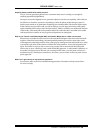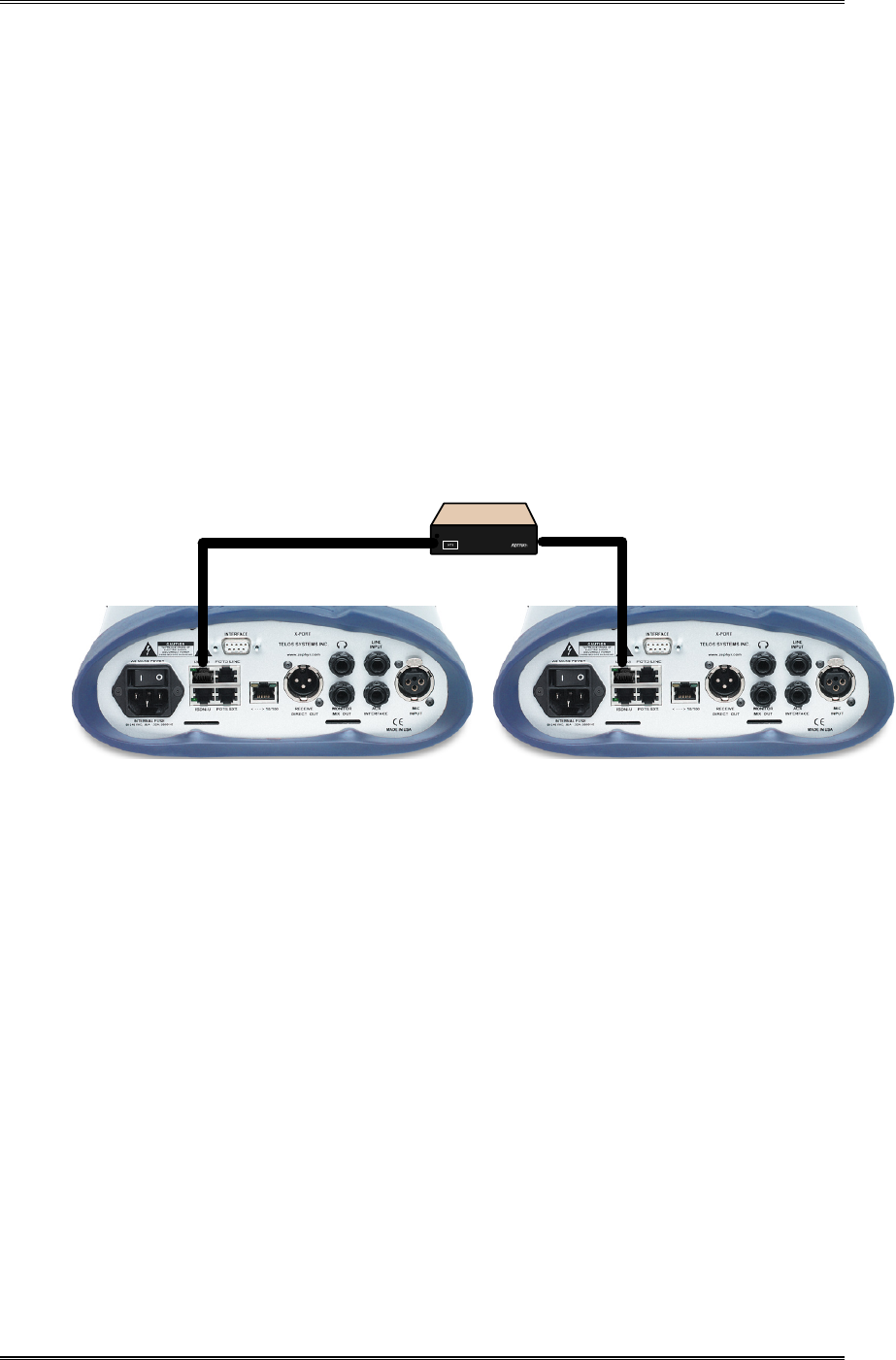
ZEPHYR
XPORT
USER’S GUIDE
26 CHAPTER 3 - THE DETAILS
3. Using a "straight through" 8 pin cable wired according to TIA/EIA T-568-A T- 568A
or T-568B connect the ISDN S jack of the first Xport to the ISDN S jack of the second
Xstream.
4. Configure the second Xport's ISDN settings. Enter your second SPID and your
second Directory number as MSN/DN.
5. Reboot both units. They should now function normally, each with access to one
ISDN B channel.
Sharing ISDN worldwide
Multiple ISDN terminals sharing the ISDN "S bus" are quite common in many countries
outside the USA. The Xports ISDN card includes 110 ohm terminating resistors. You can
get detailed requirements from your Telecom vendor if you need more information than
provided here. This technique can also be used in the USA and Canada, when an
external NT 1 is used.
8-position 8-pin modular cables
NT1
(NTBA or NCTE)
1. Connect the first Xport to ISDN NT1 (NCTE, DSU, or NTBA) in the usual manner
(see section 3.1.2).
2. Configure the first Xport's ISDN settings normally for your situation. The TELCO
setting would generally be set to ETS 300 (or, for Japan, INS 64). You may optionally
enter a MSN into the MSN/DN field (see section 3.5).
3. Connect the second Xport to ISDN NT1 (NCTE, DSU, or NTBA). If the NT1 does not
have a second interface port use a "straight through" modular splitter to break out
the modular jack at the NT1 into two jacks.
4. Configure the second Xport's ISDN settings. The TELCO setting would normally be
set to ETS 300 (or, for Japan, INS 64). You may optionally enter a MSN into the
MSN/DN field.
5. Reboot both units. They should now function normally.
3.7 Cell Phone Interfacing (the Aux Audio Interface)
For maximum flexibility, your Zephyr Xport can be used as a mixer to establish
connections through a cellular telephone (handset). The audio quality will be dependant
on the type of cellular system used, and will be comparable to any other cellular call
using the system in question.



